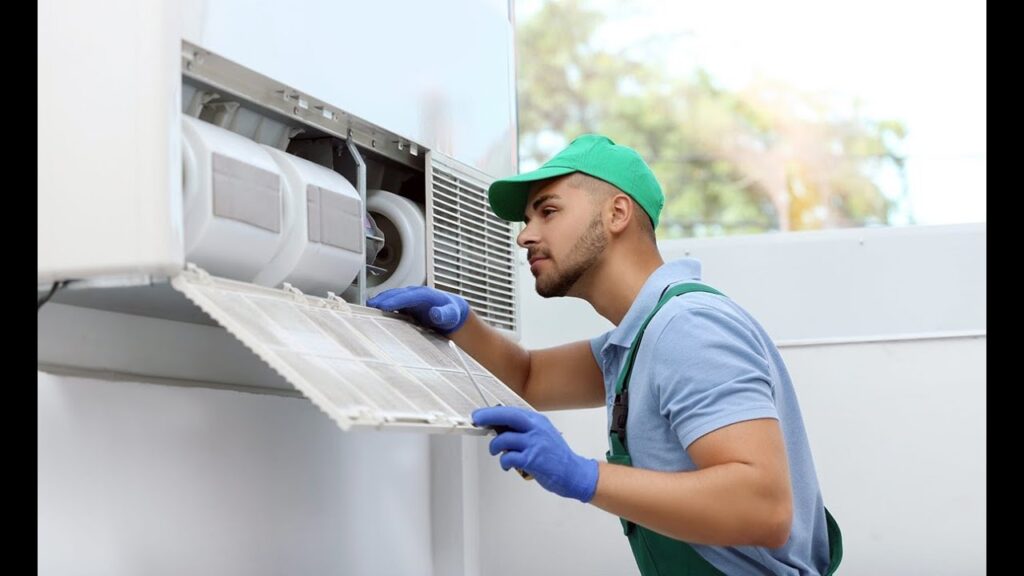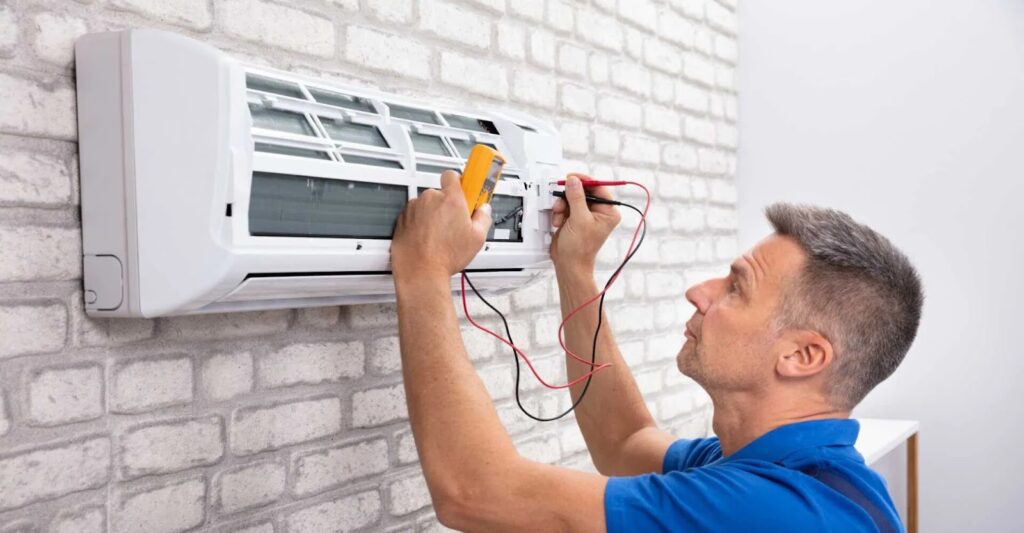Denver, Colorado, is known for its stunning natural beauty and unique climate challenges. The city’s high altitude poses significant difficulties for heating, ventilation, and air conditioning (HVAC) systems, requiring specialized solutions to maintain comfortable indoor temperatures.
Modern HVAC solutions have been developed to address these challenges, ensuring that homes and businesses in Denver remain comfortable and energy-efficient. Denver HVAC Services understands the importance of adapting to these challenges, offering innovative technologies to overcome the hurdles.

How Does Altitude Affect HVAC Systems?
At high altitudes like Denver, the air pressure is lower, which affects the performance of HVAC systems. The lower air pressure impacts the efficiency of heating and cooling systems, making it harder to maintain comfortable indoor temperatures. Additionally, the thinner air can reduce the effectiveness of air distribution and ventilation.
This can lead to higher energy bills, uneven heating and cooling, and increased wear and tear on the equipment. To address these issues, HVAC systems need to be specifically designed and optimized for high-altitude conditions.
What are the Modern HVAC Solutions for Altitude Challenges
Adapting HVAC systems to higher altitudes ensures optimal performance and comfort in regions like Denver. These advancements tackle challenges such as low oxygen levels, dry climates, and fluctuating temperatures effectively. Here are the specialized solutions for high-altitude living:
1. Altitude-Adjusted Furnaces
At higher altitudes, furnaces face unique challenges due to reduced oxygen levels, impacting combustion efficiency. Modern HVAC systems address this with altitude-adjusted furnaces, featuring specialized burners and settings customized to Denver’s lower oxygen levels.
These systems improve efficiency, reducing energy bills and minimizing breakdowns, ensuring reliable warmth despite thin air conditions.
2. Humidification Systems
Denver’s dry climate necessitates effective humidity management. Modern HVAC solutions incorporate whole-home humidifiers, adding moisture to the air for enhanced comfort and health. Proper humidity levels reduce dry skin, prevent static electricity, and protect wooden furniture from cracking.
To optimize performance, collaborate with a professional Denver HVAC Services to choose the ideal humidifier for your system, ensuring relief from dry air. With the right HVAC system and support, you can ensure your home or business remains comfortable and efficient year-round.
3. Energy-Efficient Air Conditioners
Thin air at high altitudes challenges air conditioning systems, requiring more energy to cool. Modern air conditioners, however, are designed to thrive in Denver’s climate. Key features include variable-speed compressors and smart thermostats, ensuring consistent cooling while minimizing energy consumption.
Additionally, these systems excel in Denver’s rapidly changing temperatures, providing reliable comfort year-round.
4. Zoned HVAC Systems
Denver’s unpredictable temperatures can disrupt home comfort. Zoned HVAC systems solve this issue by allowing independent temperature control in different areas. This works by using dampers and separate thermostats to direct air to specific zones as needed.
The result is improved comfort, energy savings, and personalized temperature settings for each room, providing customized relaxation and efficiency.
5. Advanced Ventilation Systems
Denver’s high altitude demands effective ventilation to maintain indoor air quality. Modern HVAC solutions incorporate energy recovery ventilators (ERVs) and heat recovery ventilators (HRVs), which efficiently exchange stale indoor air with fresh outdoor air while recovering energy.
This results in cleaner air, reduced allergens, and improved overall health, creating a healthier living environment.
6. Smart HVAC Technology
Smart thermostats transform Denver homes with remote monitoring and adjustment capabilities. Key features include learning capabilities, customizable notifications, and energy usage reports.
These features enable optimal performance, energy savings, and enhanced convenience, making smart thermostats a valuable investment for Denver homeowners seeking comfort, efficiency, and cost savings.

How to Choose the Right HVAC System for Denver’s Altitude
Upgrading or installing an HVAC system in Denver demands careful planning. Work with local experts who understand altitude-specific challenges, prioritize energy-efficient ENERGY STAR-certified systems, regular maintenance ensure smooth operation, and invest in smart technology to future-proof your system. Key ratings to consider include SEER, HSPF, and AFUE, measuring cooling, heating, and fuel efficiency.
Consulting with HVAC professionals like Denver HVAC Services ensures you select the right system for your high-altitude environment, meeting your specific needs and optimizing performance.
What Are the Benefits of Modern HVAC Solutions in Denver?
Improved energy efficiency is important in Denver, where modern HVAC solutions operate more efficiently at high altitudes, reducing energy consumption and lowering utility bills. This is particularly important, as altitude impacts standard HVAC systems. By addressing unique high-altitude challenges, modern HVAC systems provide consistent and reliable heating and cooling, ensuring homes and businesses remain comfortable year-round.
Additionally, advanced systems incorporate features that enhance indoor air quality, such as filtration and ventilation, reducing allergens, pollutants, and contaminants.
Final Thoughts
Denver’s altitude poses unique challenges, but modern HVAC solutions are more than capable of overcoming them. From altitude-adjusted furnaces to smart technology, today’s systems provide comfort, efficiency, and reliability in Denver’s environment.
Whether you’re upgrading your current system or building a new home, working with a trusted provider ensures you get the best results. By investing in the right HVAC solutions, you’ll enjoy a comfortable and energy-efficient home, no matter what challenges the altitude brings.
- 2shares
- Facebook0
- Pinterest2
- Twitter0
- Reddit0



